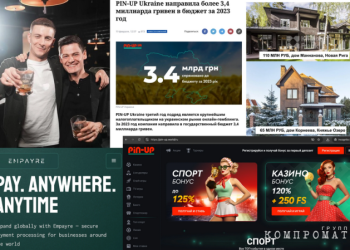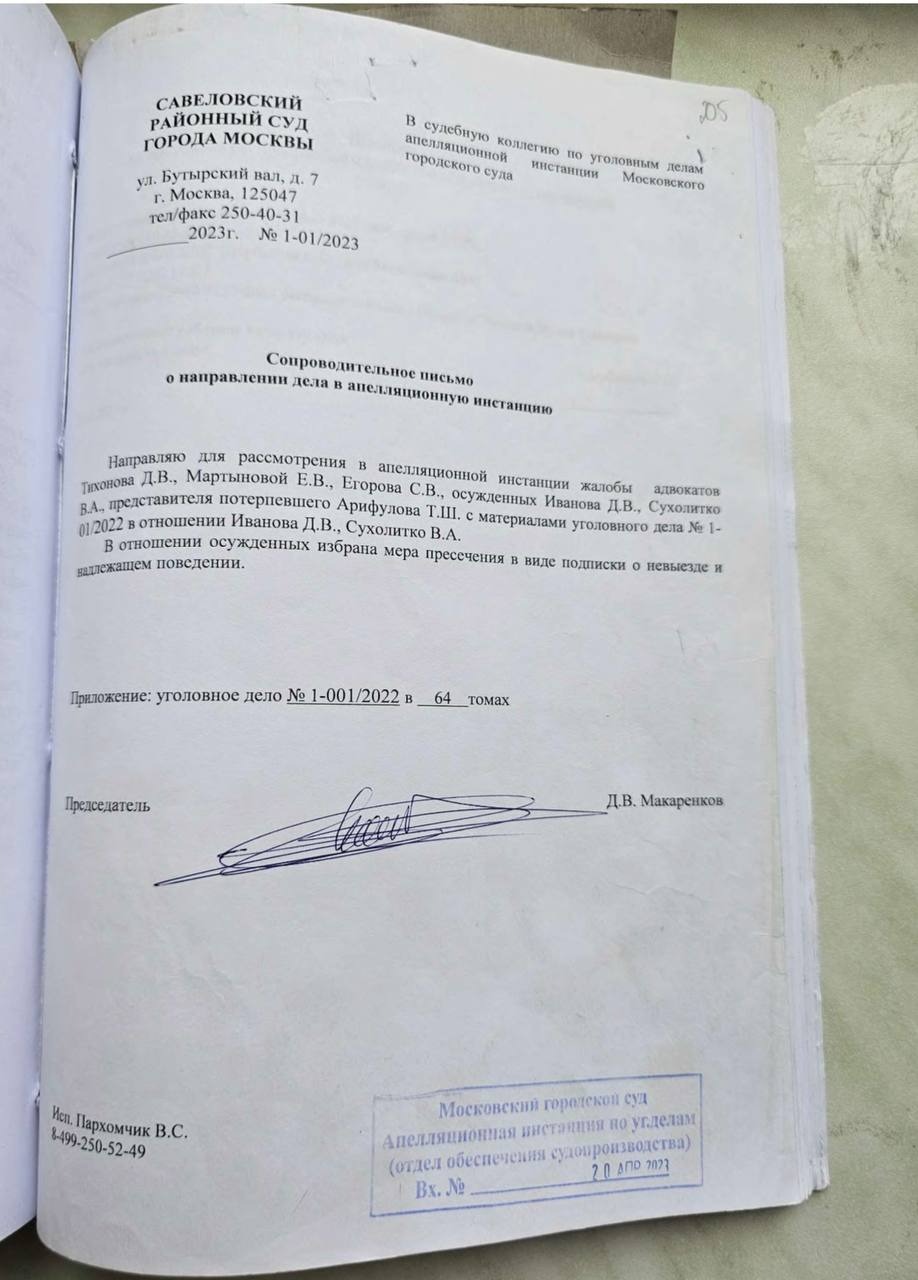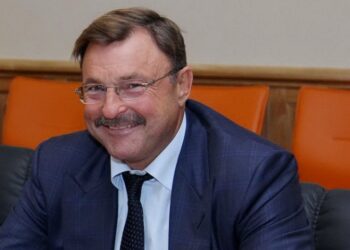The Russian economy is becoming less and less public: the government has allowed sanctioned companies not to elect boards of directors or re-elect runaway members, even if there are fewer people on the board than required by law.
“In the current realities, the fulfillment of this requirement may be difficult,” Mikhail Mishustin explained at a meeting of the government commission.
There are only one or two people left on the boards of directors of some of them, and now there are no people who want to join the ranks, putting themselves at risk.
Until February 24, membership in the board of directors of large Russian companies was considered a “safe haven” for both business sharks with diplomas from international schools and experience in working for multinational corporations, and for retired European politicians. Suffice it to recall such figures as ex-Chancellor of Germany Gerhard Schroeder, ex-Prime Minister of Finland Esko Aho, former Chancellor of Austria Christian Kern, ex-Chief of the Italian Cabinet Matteo Renzi, ex-Prime Minister of France Francois Fillon, etc.
All of them without much effort received in Russia a solid increase in income or pension. However, such relationships have come to be considered toxic. And the European Parliament has unequivocally threatened with sanctions the persons who continue to receive money from the Russian structures.
Even earlier and for other reasons, the owners and leading shareholders, in particular, Mikhail Fridman, Petr Aven, Andrey Melnichenko, were forced to leave the governing bodies (however, in the vast majority of cases this did not save their companies from being blacklisted).
Finally, the third group of highly paid “refugees” were Russian top managers who do not support hostilities. Some of them decided to simply leave the business. Others have left the country. As a result, the boards of directors of many Russian companies have at least halved. And in some – for example, in the metallurgical giant of Roman Abramovich – only one person remained from the entire board. The rest – even those who gave the company 10 or more years – fled in different directions.
Under current law, the election of the board of directors is held at the annual meeting of shareholders. It must include at least five people. (If the company has more than 1 thousand shareholders, then seven, and if more than 10 thousand, then nine).
However, in the current situation, these requirements are in some cases impossible to fulfill – there is no one who wants to “shine” in the board of structures that have fallen under sanctions. Moreover, because of the “refugees”, there is no quorum for decision-making in some existing councils, so it is not possible to hold the already scheduled annual meetings of shareholders.
Mikhail Mishustin said that the government decided to “stimulate the business activity” of such companies. “It is proposed to allow companies that have fallen under sanctions to temporarily not elect the board of directors,” he said, noting that this item is proposed to be added to the plan of priority actions to protect the domestic economy from the impact of sanctions. If the quantitative composition of the board has become less than the minimum established by law, he will be able to retain his powers without re-election of the departed members, the prime minister specified. The deputies should legalize the decision of officials: the Central Bank and the Ministry of Economic Development are already preparing the corresponding bill.
Mishustin also said that it is important for the government to ensure the stability of companies whose shares are traded on stock markets. “There is still high volatility here. Securities quotes are subject to fluctuations, behind which there are no objective economic factors, and the current low values do not reflect the true price of Russian assets,” he admitted.
According to the prime minister, the final stabilization of prices for Russian securities is expected in two years, so the government decided to extend for this period the right of companies to own their own shares redeemed under a simplified procedure. This procedure was introduced in March to prevent Russian assets from being bought for next to nothing. When the situation stabilizes, the company will be able to re-place the purchased stake, but at a higher cost.
“Our country is confidently coping with external challenges. The government continues to form a legislative environment to protect the Russian economy from sanctions imposed by unfriendly states,” the prime minister emphasized.










